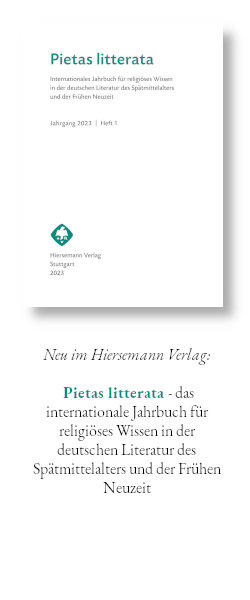Zur Definition der fabula in Boccaccios Genealogia deorum gentilium (GDG 14,9,4)
DOI:
https://doi.org/10.36191/mjb-2019-54-3-6Abstract
In the 14th book of his Genealogia deorum gentilium, Boccaccio defines the fibula and distinguishes between four different kinds. Especially the definition of the fibula is problematic. Scholars have proposed different ancient and medieval sources that might have influenced Boccaccio, but there is no consent which sources Boccaccio in fact used, and his definition has not been explained convincingly. In this article, three aims will be pursued that are related to one another. First, the problem will be discussed that the definition and the subdivision of the fabula are not consistent. Second, a new solution will be proposed on how the problematic parts of the definition of the fabula must be understood. And third, it will be suggested that Boccaccio might have been influenced indirectly by Aristotle’s Rhetoric. The subdivision of the fabula will not be analyzed in detail but will be considered for a better understandingof the definition.
Keywords: Fabula, fiction, allegory, literary theory, reception of Aristotle


